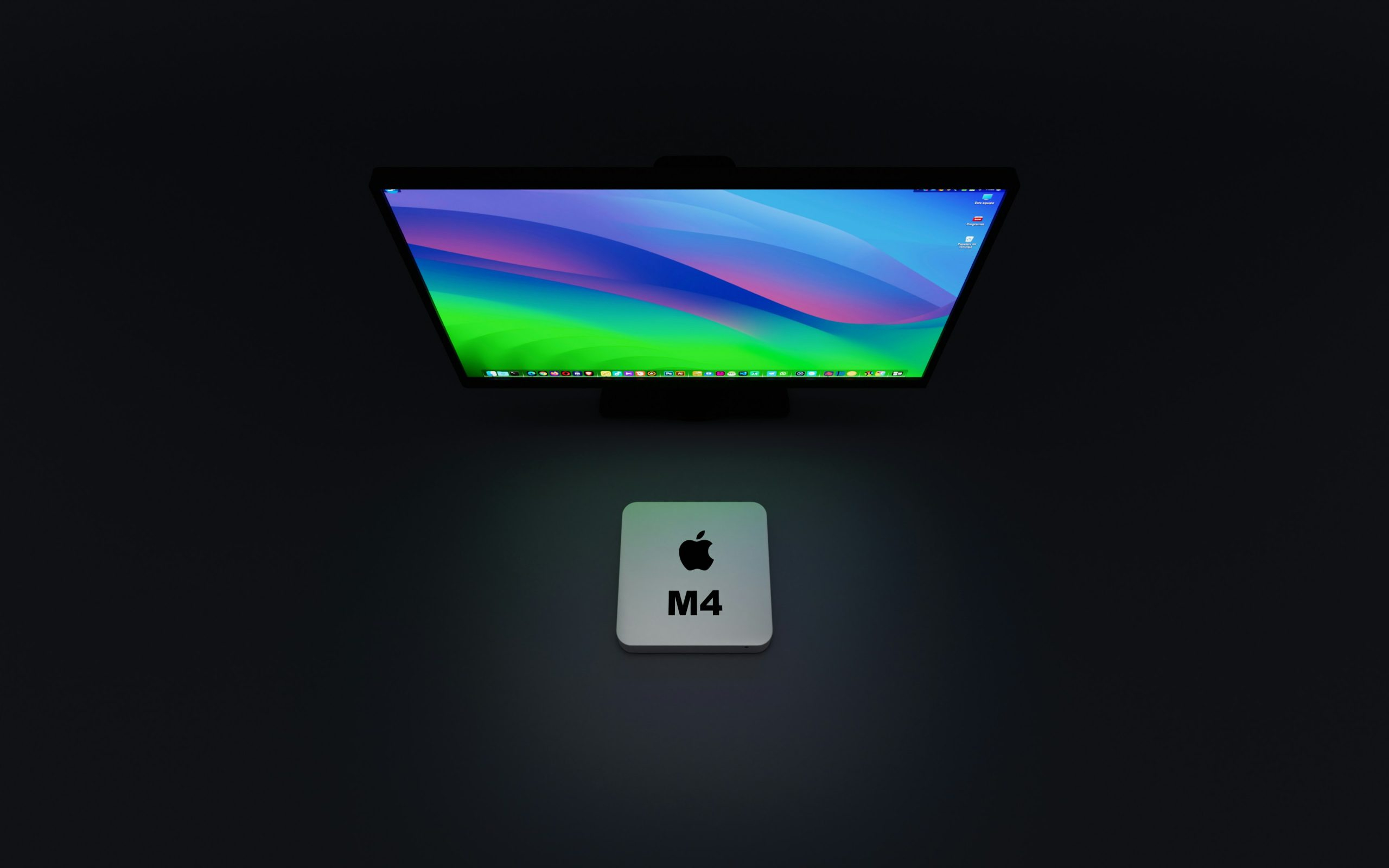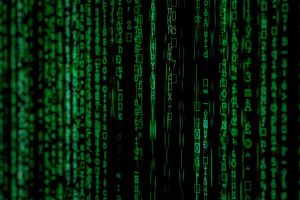Artificial Intelligence and Legal Personhood: Philosophical and Practical Implications
As technology continues to advance, the concept of Artificial Intelligence (AI) has captured the imagination of many. From self-driving cars to intelligent virtual assistants, AI has made its way into various aspects of our lives. With this rapid growth, questions surrounding the legal status of AI have started to emerge. Can AI be considered a legal person? This question has sparked intense debates in the fields of law, ethics, and philosophy. In this article, we will delve into the philosophical and practical implications of granting legal personhood to AI.
The Origins of Legal Personhood
Before we dive into the implications of granting legal personhood to AI, let’s first understand the concept of legal personhood. In simple terms, legal personhood is the recognition of an entity as a legal person under the law. This recognition grants an entity certain rights, protections, and obligations, similar to those of a human being. The idea of legal personhood has evolved over time, with the earliest known examples dating back to ancient Rome.
The Case for Granting Legal Personhood to AI
As technology continues to advance, AI has become increasingly sophisticated. AI systems are now capable of performing complex tasks, making decisions, and even learning from their experiences. Given these capabilities, some argue that AI should be granted legal personhood. They argue that denying legal personhood to AI would hinder their progress and prevent them from achieving their full potential. Granting legal personhood to AI would also ensure that they are afforded certain rights and protections, similar to those of humans.
The Philosophical Implications
The question of whether AI should be granted legal personhood raises complex philosophical issues. One of the main arguments against granting legal personhood to AI is the lack of consciousness and self-awareness. Legal personhood is often associated with certain ethical considerations, such as the ability to experience pain and emotions. As AI does not possess these qualities, some argue that they should not be granted legal personhood. However, others argue that consciousness and self-awareness should not be the only criteria for determining legal personhood.
The Practical Implications
If AI were granted legal personhood, it would have significant implications for various practical aspects of society. For instance, AI would be entitled to certain rights and protections under the law, such as the right to own property and enter into contracts. This would also raise questions about liability in the event of any wrongdoing by AI. Who would be held responsible for the actions of an AI system – the developer, the owner, or the AI itself? These practical implications bring to light the need for clear and comprehensive legislation to regulate the legal status of AI.
The Ethical Considerations
Granting legal personhood to AI would also have ethical implications. For instance, if an AI system were granted legal personhood, would it also have the right to privacy? This raises concerns about the protection of personal data and the potential for AI systems to be used for surveillance. Another ethical consideration is the potential for AI to replace human workers. This could lead to widespread unemployment and questions about the rights and protections of human workers.
The Need for Caution
While granting legal personhood to AI may seem like a progressive step towards technological advancement, it is crucial to proceed with caution. The implications of such a decision extend far beyond just the legal realm and must be carefully evaluated. In the wrong hands, AI could pose a significant threat, with the potential for misuse and abuse of their legal personhood status. It is essential to have comprehensive regulations and safeguards in place before granting legal personhood to AI.
Conclusion
In conclusion, the question of whether AI should be granted legal personhood raises complex philosophical and practical implications. While some argue for the recognition of AI as legal persons, others urge caution and the need for comprehensive legislation. As technology continues to advance, it is essential to carefully consider the ethical and societal implications of such decisions and ensure that the benefits of AI do not come at the expense of human rights and protections.











